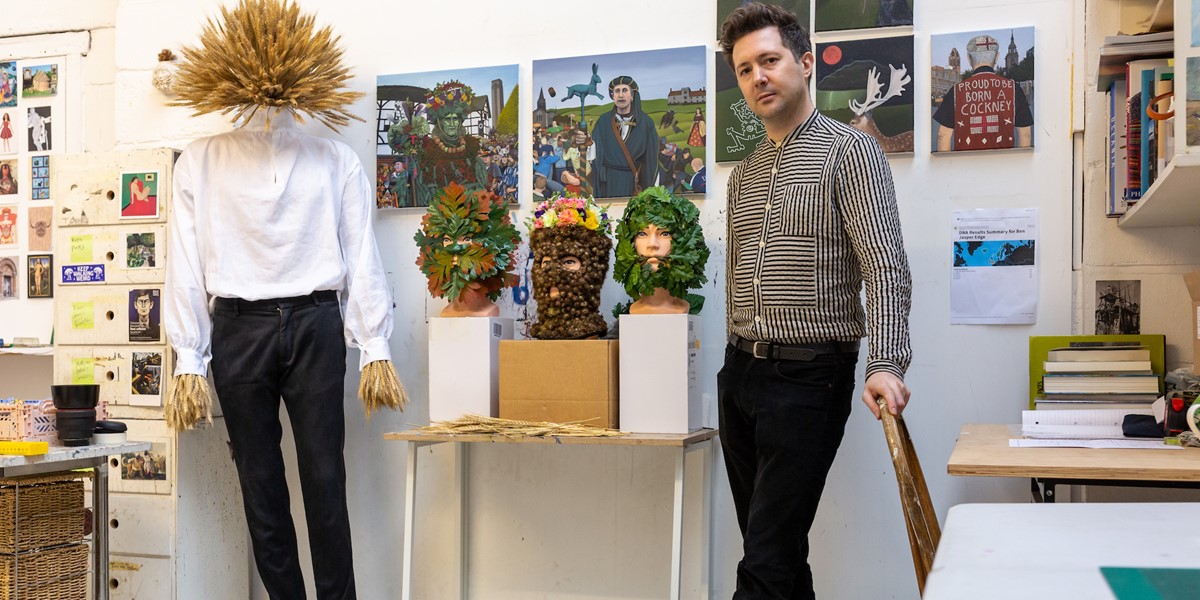Monday, December 11, 2023
My World: Ben Edge
The British artist was all at sea until he came across a druid ceremony which ignited his art and set him off on a new path as a documentarian. “It made me re-plug myself back into humanity,” he tells Russ Slater Johnson

Ben Edge (pictured right) © Sylvie Tata

Register now to continue reading

Thanks for visiting the Songlines website, your guide to an extraordinary world of music and culture. Sign up for a free account now to enjoy:
- Free access to 2 subscriber-only articles and album reviews every month
- Unlimited access to our news and awards pages
- Our regular email newsletters

